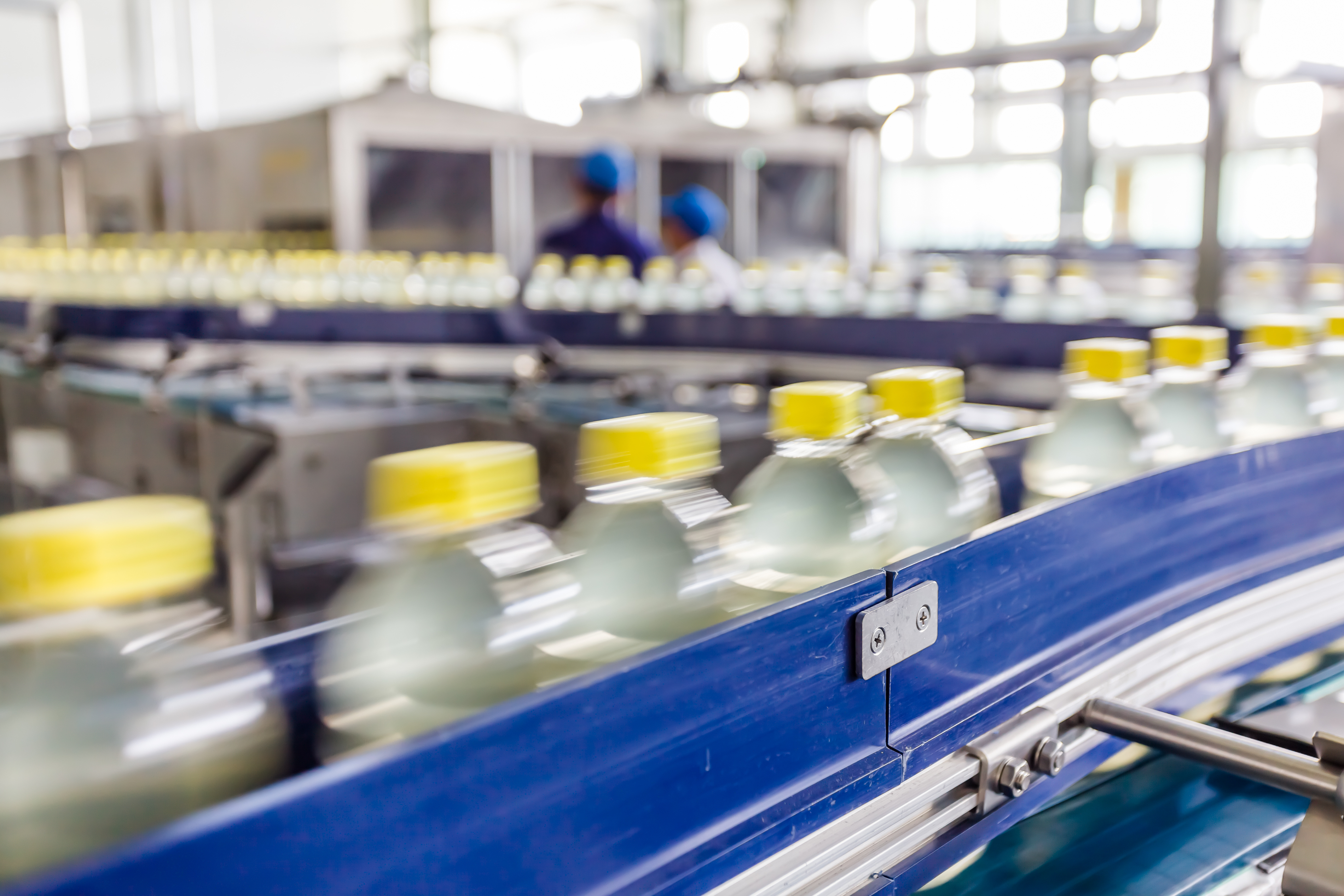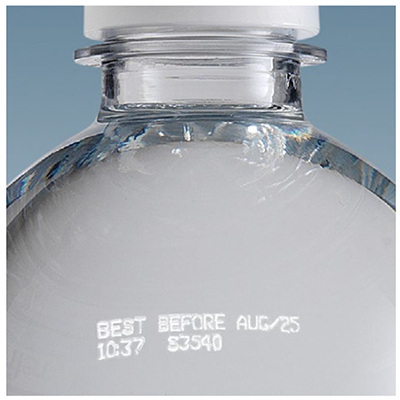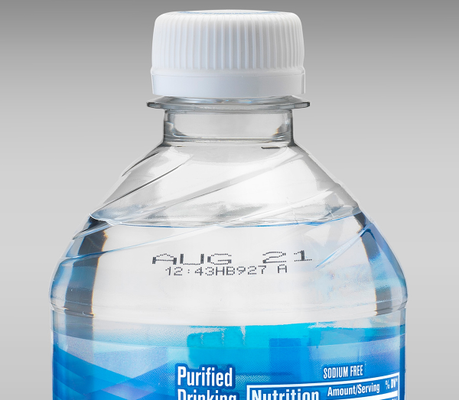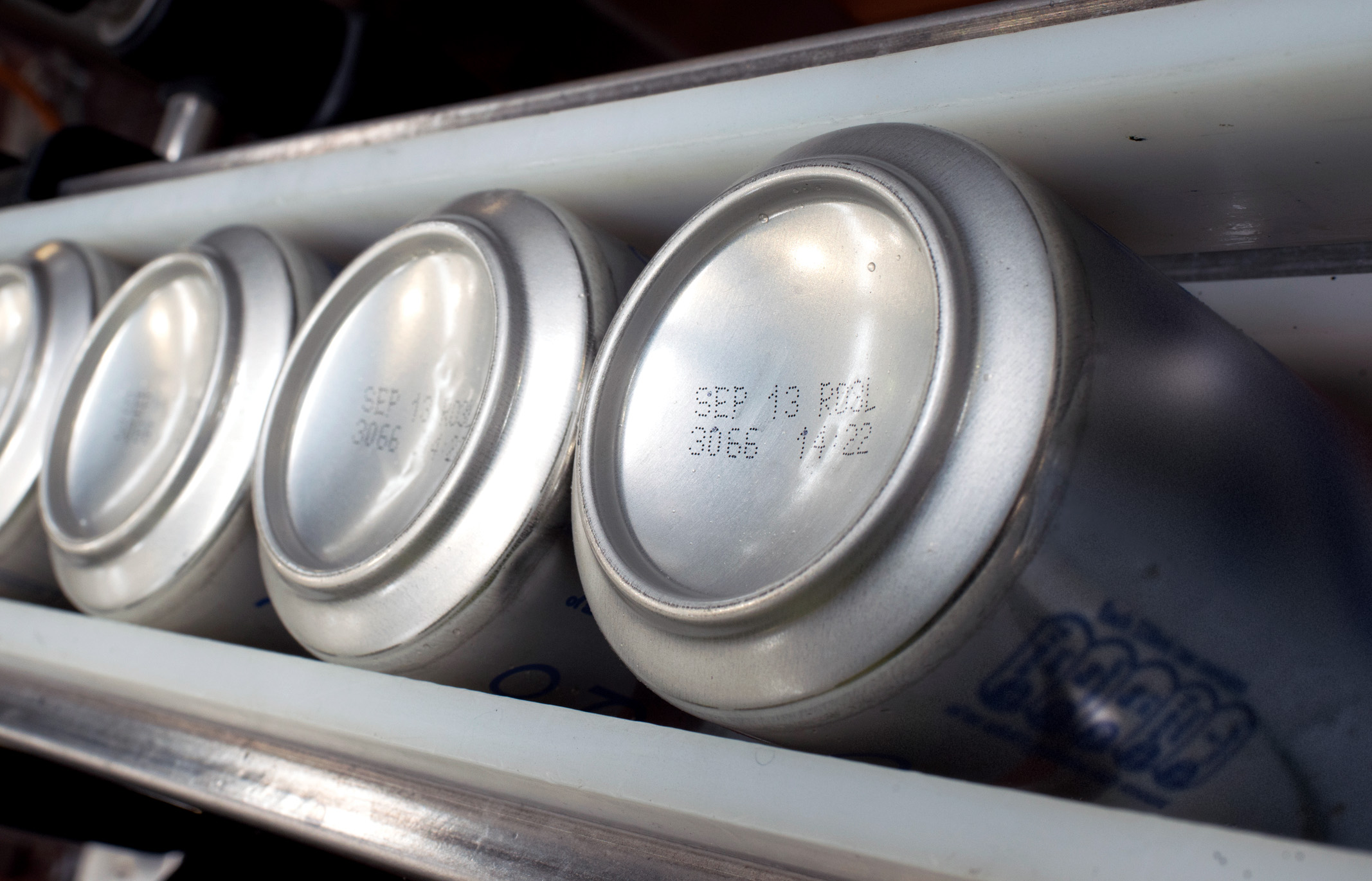The beverage industry is in the midst of a packaging revolution. As sustainability moves from a ‘nice-to-have’ to a ‘must-have,’ how are manufacturers keeping up? The answer lies in smarter materials, innovative designs, and next-gen coding technologies that can not only reduce environmental impact but also help keep production lines running at peak efficiency.
Facing economic pressures and evolving consumer demands, beverage manufacturers are turning to innovative packaging solutions, exploring materials and packaging formats that align with sustainability goals. This shift aims to reduce environmental impact, enhance product safety, and provide greater value to consumers. Beverage manufacturers are exploring and implementing:

- Active packaging innovations: Today’s active packaging forms incorporate components that interact with the product to extend shelf life and enhance safety, helping brands cut down on waste while delivering fresher products to consumers.
- rPET bottles: Sustainability isn’t just about using recycled materials—it’s about creating a closed-loop system. With rPET (recycled PET) bottles, brands are not only reducing plastic waste but also meeting growing consumer demand for eco-conscious choices.
- Multipacks: Consumer buying behavior is shifting with bulk purchases and cost saving options more in focus. With heightened economic pressures, consumers demand value, pushing brands towards packaging forms like multipacks that require adaptable coding technologies to manage different formats efficiently.


Stay ahead with real-time updates on the latest news:
Flexibility and integration of modern coding technologies
To tackle sustainable packaging challenges, modern coding technologies must prioritize flexibility and seamless integration. State-of-the-art continuous inkjet (CIJ) printers and laser marking systems feature advanced diagnostics and predictive capabilities that can minimize downtime and maintain efficiency on the production line.
- CIJ printers are designed to print on almost any substrate, including rPET bottles, cans, and shrink-wrapped multipacks, making them ideal solutions for manufacturers aiming to reduce their environmental impact. Ultra-high-speed CIJ printers are engineered to keep up with beverage production. Newer CIJ printers are designed with efficiency in mind, reducing make-up consumption to extend run times and reduce operator touchpoints.
- High-speed CO2 and fiber lasers are perfect for adding traceability to the beverage supply chain. They are noted for their ability to mark high-resolution text and machine-readable codes on a wide range of materials, including rPET bottles, cans, and compostable substrates, while running at ultra-fast beverage line speeds. IP-rated laser marking heads and cabinets allow lasers to function in harsh production environments.

By integrating leading coding technologies like these, beverage manufacturers can directly enhance the efficiency of production lines, while supporting the adoption of sustainable packaging solutions and delivering the excellent code quality that is essential throughout the distribution chain.
AI’s role in enhancing efficiency
Forget reactive maintenance. AI is taking beverage production to the next level with predictive intelligence. By continuously analyzing production data, AI can:
- Spot potential issues before they disrupt the line
- Reduce waste by optimizing ink and laser usage
- Keep production moving with real-time troubleshooting
For beverage companies, especially those with multiple facilities, AI is a powerful tool for ensuring continuous improvement and operational excellence.
Marking equipment market growth driven by innovation
The industrial marking equipment market is projected to grow at a 6.1% CAGR from 2025 to 2030, reaching a value of USD 17.53 billion, as reported by Grand View Research. This significant growth underscores the industry’s shift away from traditional printing methods and towards technological advancements that enhance the precision and efficiency of coding processes.
These improvements are particularly vital for beverage producers who aim to maintain high-speed production lines without sacrificing quality. By embracing cutting-edge technologies—both in sustainable packaging and innovative coding solutions—beverage producers can deliver on both their eco-promises and performance, staying competitive in an ever-evolving market.
